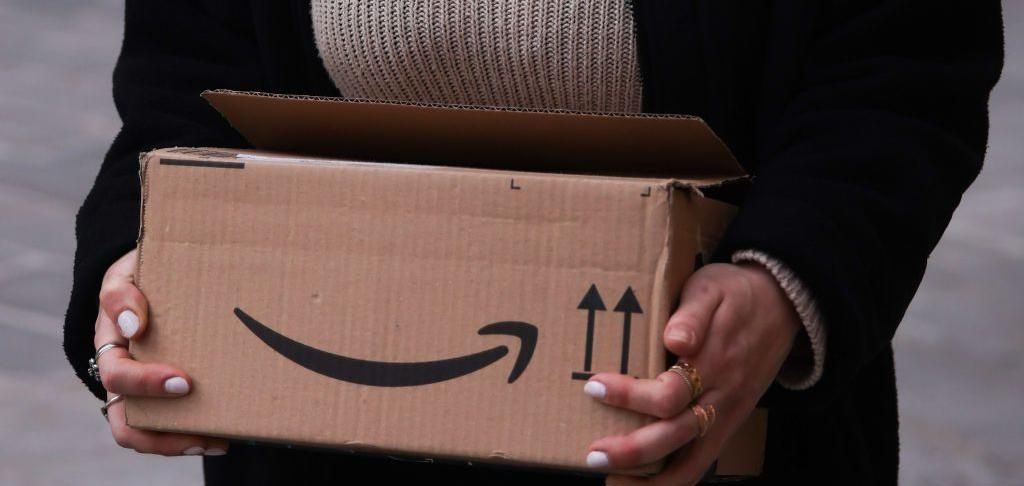-
Amazon to pay $2.5 billion to settle FTC claims over misleading Prime subscriptions.
-
$1.5 billion of the settlement will go to affected customers as refunds.
-
Settlement comes days after a jury trial began in Seattle.
-
FTC challenged tactics like automatic enrollment, pop-ups, and unclear billing.
-
Amazon must simplify cancellations and remove misleading subscription prompts.
-
Consumers who rarely used Prime benefits between June 2019–June 2025 are eligible for refunds.
-
Critics argue stronger FTC rules, like one-click cancellation, are still needed.
-
This is the largest civil penalty ever secured by the FTC.
Amazon has agreed to pay $2.5 billion to resolve claims from the U.S. government that it misled millions of consumers into signing up for Prime memberships and made canceling the service unnecessarily difficult. Of the total settlement, $1.5 billion will go directly to refunds for customers affected by the practices, marking the largest civil penalty ever secured by the Federal Trade Commission (FTC).
The settlement was reached just days after a jury trial began in Seattle. Amazon did not admit wrongdoing but stated that the resolution allows the company to move forward and continue its operations.
The FTC’s case focused on tactics used to enroll customers in Prime without clear consent, including repeated pop-ups during checkout, automatic enrollment after free trials, and confusing billing disclosures. Consumers who signed up for Prime between June 2019 and June 2025 may be eligible for refunds, especially those who used Prime benefits sparingly during the year.
Under the settlement, Amazon must simplify the cancellation process and eliminate misleading buttons designed to trap users into subscriptions. The changes aim to prevent future abuses and improve transparency for customers.
The ruling has sparked debate, with some critics arguing that the FTC should take stronger measures, such as reinstating rules requiring one-click cancellation for all subscription services. The settlement nonetheless represents a major victory for consumer protection advocates and signals increased scrutiny on large tech companies’ subscription practices.



